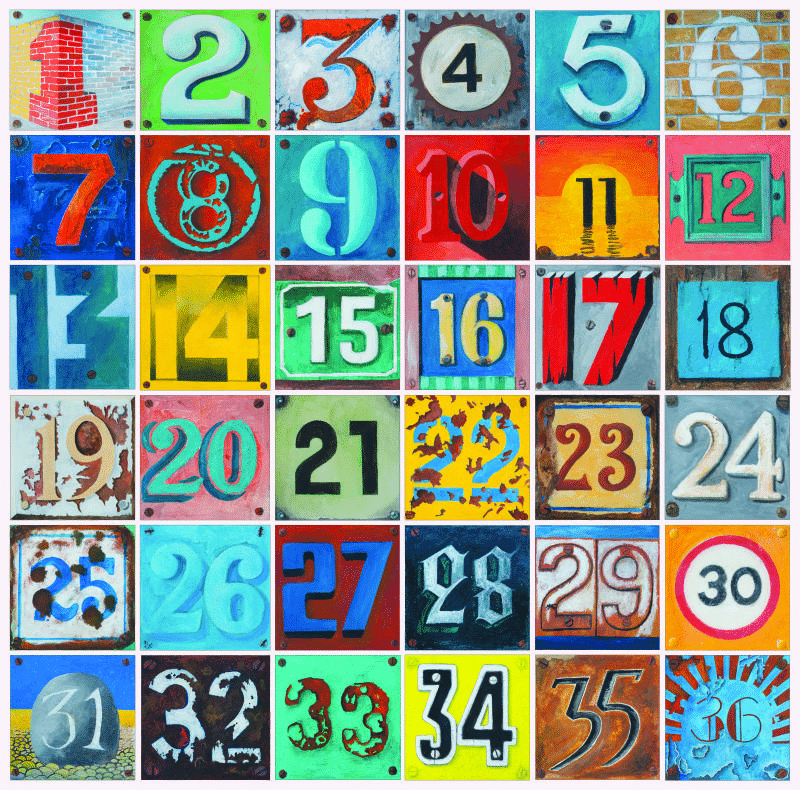3.8 – Numbers
Here’s a review of numbers we have learned so far.
|
nula |
zero |
|
jeden (m.), jedna (f.), jedno (n.) |
one |
|
dva, dvě |
two |
|
tři |
three |
|
čtyři |
four |
|
pět |
five |
|
šest |
six |
|
sedm |
seven |
|
osm |
eight |
|
devět |
nine |
|
deset |
ten |
|
jedenáct |
eleven |
|
dvanáct |
twelve |
|
třináct |
thirteen |
|
čtrnáct |
fourteen |
|
patnáct |
fifteen |
|
šestnáct |
sixteen |
|
sedmnáct |
seventeen |
|
osmnáct |
eighteen |
|
devatenáct |
nineteen |
|
dvacet |
twenty |
|
dvacet jedna (jednadvacet) |
twenty one |
|
dvacet dva (dvadvacet) |
twenty two |
|
dvacet tři (třiadvacet) |
twenty three |
|
dvacet čtyři (čtyřiadvacet) |
twenty four |
|
dvacet pět (pětadvacet) |
twenty five |
|
dvacet šest (šestadvacet) |
twenty six |
|
dvacet sedm (sedmadvacet) |
twenty seven |
|
dvacet osm (osmadvacet) |
twenty eight |
|
dvacet devět (devětadvacet) |
twenty nine |
|
třicet |
thirty |
|
čtyřicet |
forty |
Compound numbers
There are two ways of forming compound numbers (21, 22, 35, 47, 56)
- dvacet jedna (21) – this way is more familiar to English speakers
- jednadvacet (1 and 20) – this is how German forms its compound numbers and some Czechs use this format, while others use the type more familiar to English speakers. These are given in parentheses here.
When deciding how to make a compound numeral, use whichever way feels more comfortable — both are correct.
Now let’s learn a little higher:
|
padesát |
fifty |
|
šedesát |
sixty |
|
sedmdesát |
seventy |
|
osmdesát |
eighty |
|
devadesát |
ninety |
|
sto |
hundred |
|
dvě stě |
two hundred |
|
tři sta |
three hundred |
|
čtyři sta |
four hundred |
|
pět set |
five hundred |
|
šest set |
six hundred |
|
sedm set |
seven hundred |
|
osm set |
eight hundred |
|
devět se |
nine hundred |
|
tisíc |
thousand |
Images used in this document come from these sources.
